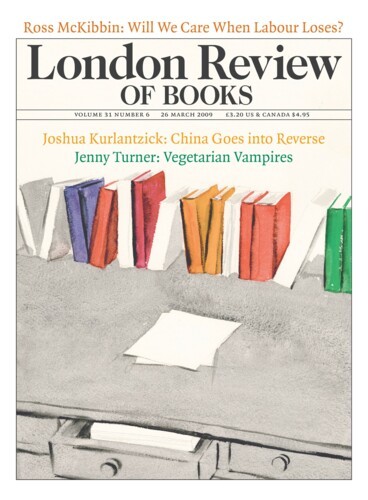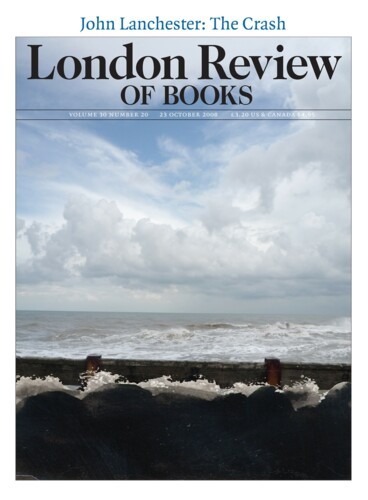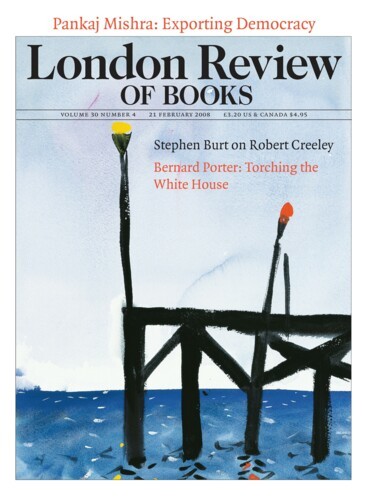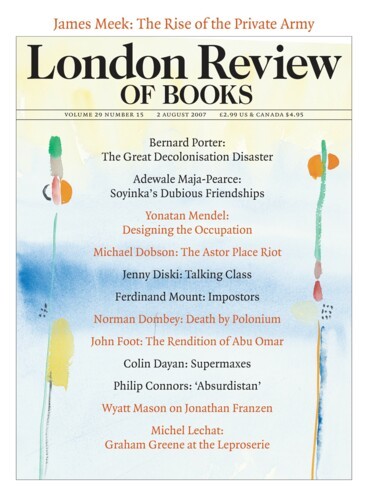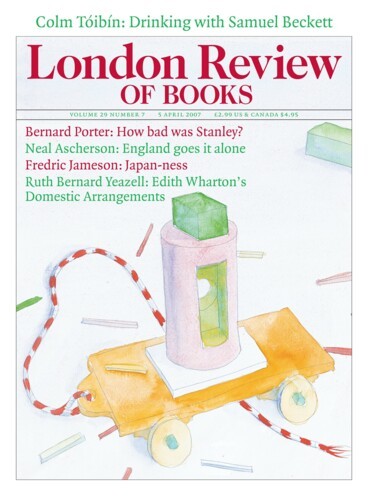‘This is Africa, after all. What can you expect?’: Corruption and Post-Imperialism
Bernard Porter, 26 March 2009
You can’t just march into someone else’s country, give it entirely arbitrary boundaries, decide to rule it with only the minimum of resources, settle an alien population on its best land, brutally suppress any sign of resistance, then scuttle before you’ve properly prepared it for self-government – and expect everything to turn out OK. That’s with the best will...
